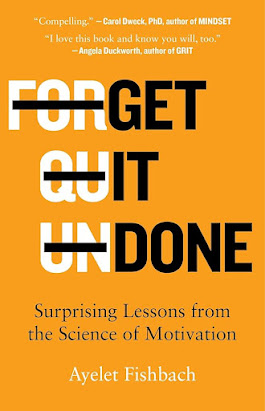Professor Pozzulo’s Pick (June, 2024)
Professor Pozzulo’s Pick (June, 2024)
Why we sleep: Unlocking the power of sleep and dreams
by Matthew Walker, Ph.D. (published by Simon & Schuster)
My take:
I’ll admit it, I thought I knew about sleep….get 7-9 hours of sleep a night, if you can’t sleep meditate and if that doesn’t work, get up and do something else. I was curious to read Walker’s book, Why we sleep: Unlocking the power of sleep and dreams (published by Simon & Schuster). Well, as it turns out there’s A LOT more to sleep than I thought. I’ll mention upfront that the book has been met with some criticism of Walker’s claims, so I was even more curious.
In Why we sleep the reader is provided with several examples suggesting that a lack of adequate sleep both in quantity and quality is connected to ill health, from depression to Alzheimer’s to cardiovascular problems to cancer. I was hard pressed to think of a disorder or illness, mental or physical, that wasn’t connected to (lack of) sleep according to Walker. Getting enough quality sleep is critically important for well-being.
Sleep helps us regulate our emotions and improve our emotional intelligence (i.e., managing your own emotions and understanding the emotions of others). It might even help us better remember. According to Walker, sleeping can help you remember things that you could not remember before sleeping. I would have liked to know a little more about the accuracy of those memories, however! Walker does state that sleeping can’t overcome the impact of alcohol on memory.
Walker attempts to put to bed (pun intended) the notion that humans only need 7 hours or less of sleep a night. According to Walker, healthier living for average adults requires 7- to 9-hours of sleep a night. I will note though, that this claim has been disputed, with some arguing that sleeping more than 7 hours can be detrimental. I think I will aim for at least 7 hours of sleep a night.
Walker’s chapter on “sleep and society” is a must read for ideas on how to improve community well-being. Walker suggests we need to change our views on sleep (spoiler: not sleeping isn’t something to aspire to) and how we structure our institutions from school start times to policing to health care training.
If you want to better understand the patterns in sleeping, their function, and their role for well-being, Walker provides a description of the work in this area. If you are looking for a list of strategies for improved sleep, Walker provides those too in the book’s Appendix.
Even though the book has its critics, it made me care about sleep and more importantly, the need to sleep for improved well-being.
Let me know what you think. Have you changed your thoughts on sleep? Or how you sleep? Have you tried any of Walker’s suggestions?




This looks like a really interesting book. Looking forward to reading it.
ReplyDeleteLooking forward to reading the book as well. Looks interesting.
ReplyDeleteThanks for sharing!
ReplyDeleteThis looks like an interesting book.
ReplyDeleteI need at least 7 hours of sleep to feel refreshed.
ReplyDeleteI’ve been trying to improve my sleep for many years! Have done two sleep studies, taken medication for more than 20 years (which I’m happy to say I rarely use now). My lifestyle has always been good with regular exercise, eating etc but the biggest change to my sleep came when I stopped working in healthcare. Now I wake when I want, no alarm jarring me awake and my days are filled with things I want to do! I’m still working but it’s flexible.
ReplyDeleteI think "Why We Sleep" is a must-read for anyone interested in improving their health through better sleep. Walker's evidence-based insights and practical recommendations make it an excellent guide for both individuals and health professionals. By incorporating the principles outlined in this book, we can help our clients achieve better sleep, reduce stress, and improve their overall quality of life.
ReplyDeleteSleep is foundational for better health. I have much more patience when I've gotten enough sleep. My personal strategy is to read before bed. Reading lets me focus on something other than stuff I'm stressed about.
ReplyDeleteThis is an important book. I found it so interesting and helpful that I immediately gave copies to some friends and family. I realize now that sleep is the foundation for health; all she other aspects such as exercise and healthy eating are pillars that depend on that foundation of good sleep.
ReplyDeleteI am so glad you enjoyed the book! I completely agree that it all starts with sleep! The book made we realize that we need to let go of this idea that we don't need much sleep. I don't fight feeling sleepy. Now I just go to sleep!
Delete